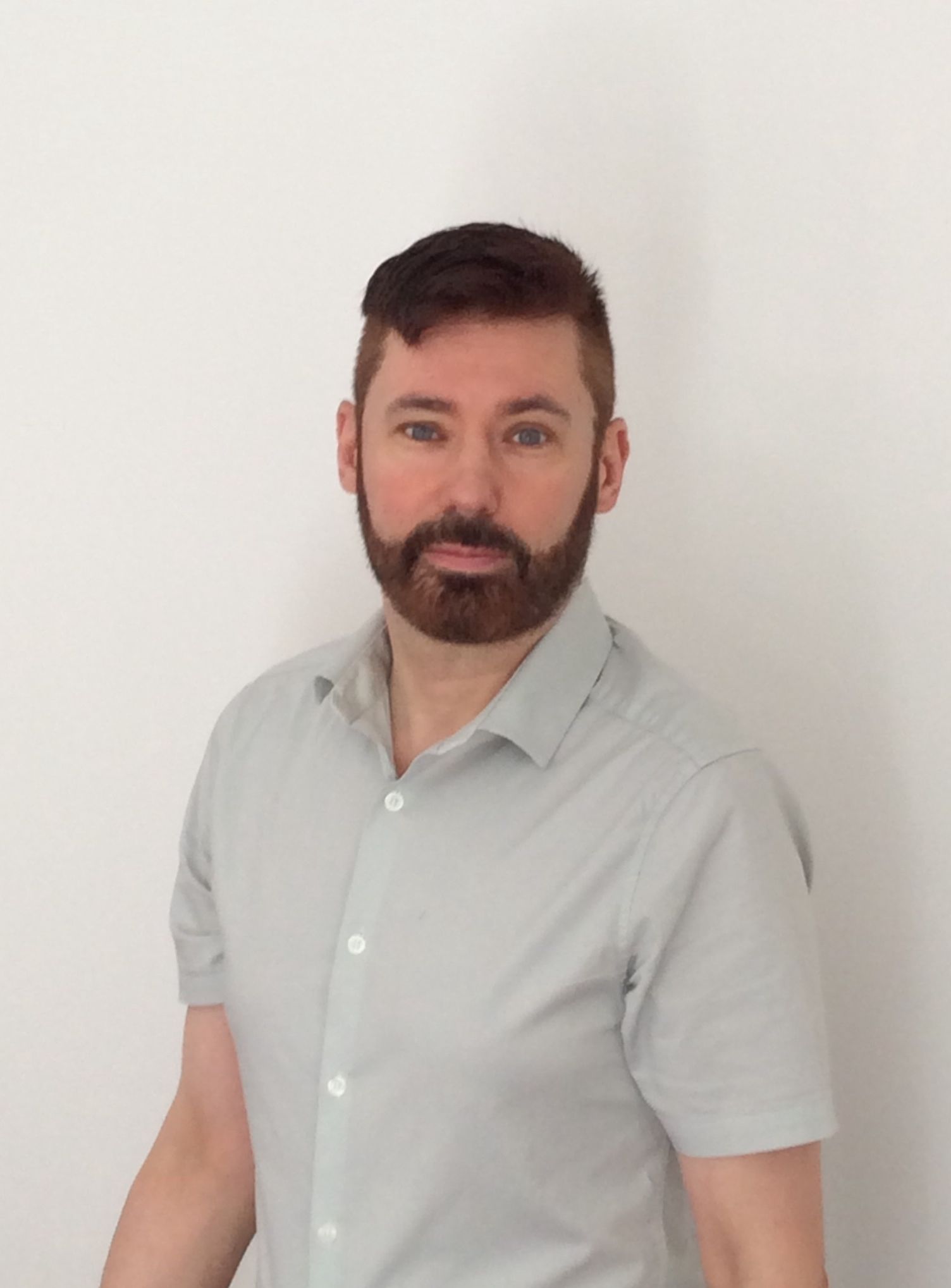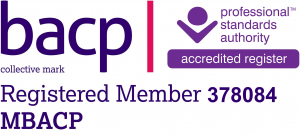Talking with you in mind
It's time to talk
Talking with you in mind
free assessment consultationHow Just Minded works?
About counselling & therapy
-
What is talking therapy?
Talking therapy is exactly what it says, a way to address problems, improve self-esteem and relationships, or come to terms with difficulties by talking confidentially with a trained mental-health professional. These talking therapies are usually called ‘counselling’ or ‘psychotherapy’. The focus is on forming a therapeutic relationship with a Counsellor who will listen to what you have to say and help you to reflect on your experiences, thoughts, feelings and behaviours. The goal is to help you to understand yourself and your issues more completely and to develop strategies for improving your wellbeing and resilience or overcoming a difficulty. -
Is counselling right for me?
If you are struggling with difficult thoughts or feelings, find that certain types of problems keep recurring, or feel that your life is in a rut, counselling will probably help you. You need to be willing to talk openly, to reflect honestly on difficult issues and be prepared to change – Just Minded will support you. As a rule of thumb, the more you commit to the process, the more it will help you to make positive change in your life. If during assessment or counselling sessions, you or your Counsellor think that counselling is not the best option for you, it is good to discuss how you feel and Just Minded can signpost you to alternatives that may be more suited to your needs, whether within Just Minded or elsewhere. -
What will happen during my assessment?
You will be asked a few general questions about your mental health, wellbeing and what issues have caused you to call Just Minded. The assessing Counsellor may clarify what you want to achieve and what your circumstances are (income, availability etc.). You will then be given options about what services may be beneficial for you, including the recommended number of sessions, how you might work together with your Counsellor and how your progress might be reviewed. If you wish to go ahead, we will book a small number of initial sessions. Many people want to go away and think about what has been discussed, in which case Just Minded will arrange a follow-up call. -
What will happen at my first counselling session?
First of all, you and your Counsellor will set up a working ‘counselling contract’ which lays out the way(s) in which you will work together. You will then consider what has brought you to counselling, what your expectations are and what you want to achieve – your goals. You may discuss your mood or feelings, what things are going well in your life, what areas are causing you difficulties and what support or strategies you have already tried. At the end of the session, your Counsellor should have a basic understanding of who you are, some of your strengths and difficulties, and what you initially hope to achieve – this will be reviewed regularly and may change over time. -
What happens in a typical counselling session?
This depends on how you have agreed to work together. Some sessions will start with a ‘check in’ and brief recap of things discussed the previous session(s), review of the changes since the last session, or a reminder of the goals you want to focus on. Alternatively, your Counsellor may simply invite you to talk about whatever is present with you at that moment. No matter what, if you have something important that you would like to discuss you can talk about it – the client is always in control of the process. The bulk of the session will usually be you talking and your Counsellor listening. You may be asked to reflect further with questions or gentle challenges, your Counsellor may employ some techniques to help you to improve your personal insight and explore difficult emotions, or you may choose to just sit quietly. Your Counsellor will give you a ‘time warning’ with 5 minutes left and encourage you to briefly review the session and agree any targets or tasks to be completed outside of the session. Some sessions will include ‘mini-reviews’ where we overview your progress and reassess how you wish to approach your counselling work and/or your aims. -
How long will counselling last?
Counselling sessions usually last for 50-55 minutes, except for PTSD work where sessions last for 90 minutes. The length of time a person spends in counselling varies greatly according to their needs and their wishes. Typically, most people will probably want between 8-20 sessions to explore significant life problems and to develop new strategies to deal with them. However, we also offer a short course of just 3 sessions for focused problem solving. Alternatively, you may choose open-ended therapy if you are dealing with complex problems or are looking to make more fundamental changes to your life. -
How long before I feel better?
Some people may they feel better after just one or two sessions, just through expressing themselves freely, without judgement and knowing someone wants to support them. For others, change may take longer because their needs are more complex, or they find it hard to make the adjustments they need – this is perfectly normal. Many people experience difficult feelings during or after sessions or changes in their personal relationships because of the process. This can be painful but, if you can stick with it, this is often when the greatest benefits are seen. People who commit the most to their counselling tend to be the ones who see the greatest improvements in their wellbeing. -
How will I end the counselling?
This depends on how you have set up your ‘counselling contract’. You may have agreed a set number of sessions, in which case your Counsellor will help you keep track of where you are. For open-ended work, you will need to decide when to end and talk that through with your Counsellor. In all cases, once an ending has been agreed, you and your Counsellor will focus on ‘embedding’ the progress you have made into your day-to-day life, so you continue to benefit from your counselling even after your time with Just Minded has ended.
anxiety & depression
bereavement & loss
stress & PTSD
teens & young adults
relationships

About Just Minded
We do this by offering free, confidential assessment guidance on the type of support that is most likely to benefit your individual situation, using published data and evidence, and through a sliding scale of fees. Key to the Just Minded ethos is one of openness and fairness, with profits being reinvested back into the service. Just Minded is working towards B Corp certification, to reflect its commitment to become an “inclusive, equitable and regenerative economy for all people and our shared planet.” Dr. Christopher Bell is Just Minded’s founding Counsellor. With a background in clinical neuroscience as well as counselling and psychotherapy in a range of settings, he can help guide you to the most appropriate and beneficial type of talking therapy to maximise your chances of meeting your personal goals. He also oversees the highest professional standards to ensure that your experience with Just Minded will feel safe, expert and focused on you.





